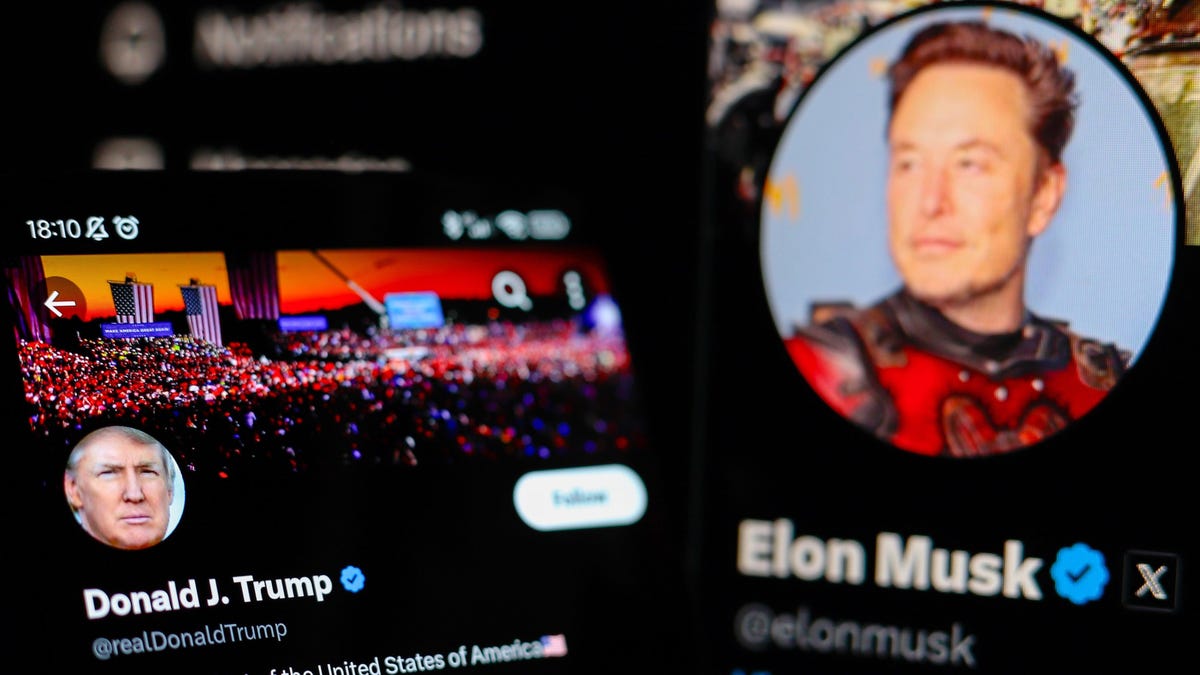It’s no secret that Jalopnik isn’t exactly Elon Musk’s biggest fan. Sure, he’s responsible for the most important car of the 21st century, and SpaceX does some neat stuff when it’s not ruining the environment, but he’s also a bigoted piece of shit. Then again, our staff is a bunch of radical leftists who believe crazy things like “trans rights are human rights” and “billionaires should pay more taxes.” Other, more conservative outlets have been much friendlier to Musk, so imagine our surprise when the Wall Street Journal of all papers declared his Twitter purchase “the worst buyout for banks since the financial crisis.”
In order to come up with the $44 billion he needed to acquire Twitter, Musk had to borrow a total of $13 billion from seven different banks. Typically, when a bank lends money for a takeover like this, they sell off the debt quickly. Unfortunately for Morgan Stanley, Bank of America and the rest of the banks that helped finance the deal, they quickly discovered that wouldn’t be an option unless they were willing to take significant losses on those loans. As a result, those loans have become a very expensive headache for the banks involved and are now referred to as being “hung.”
We already knew Twitter’s financials were a mess. As soon as he took over, Musk intentionally turned the once-popular social media site into a playground for Nazis, alienating both users and advertisers. He later told those advertisers to go fuck themselves and then started suing when they didn’t immediately flock back to his platform. Dig a little deeper, though, and it starts to look like this deal was historically bad. Like, objectively worse than anything we’ve seen since the financial crisis.
As new data from PitchBook LCD shows, banks have kept those Twitter loans on the books for longer than any unsold deal in recent memory. Banks were dealing with a lot more hung debt in 2008 and 2009, but they were generally able to get it off their books in less than a year. Meanwhile, Musk’s debt is still hung nearly two years later. Steven Kaplan, a professor of finance at the University of Chicago, told the WSJ that not only is this the largest hung debt since the financial crisis, but it’s also one of the largest he’s ever seen.
So how did the banks get themselves into this situation? Believe it or not, it reportedly came down to good, old-fashioned greed. Musk is rich, and the banks saw dollar signs when he showed up asking for money. Maybe the Twitter deal wasn’t great, but if they got in early, they might have a shot at a more profitable deal in the future, such as a SpaceX IPO.
And there’s always the chance the Twitter deal itself could end up being a good investment. Things may look bad now, but Musk has been making his interest payments. In the incredibly unlikely event that he somehow turns things around at his online conspiracy convention, there’s always the chance he might actually pay off the principal, too. “At some price, they could sell it at a loss, but with Musk they could end up receiving 100 cents on the dollar, if things pan out,” Kaplan told the WSJ.
Will that ever happen? Anything is possible, but right now, there’s little evidence that it actually will. Revenue is down at the transvestigation station, annual interest payments cost the pussy in bio site at least $1.5 billion and Musk continues to look more and more unstable while cozying up with the kinds of people who memorize the age of consent in all 50 states. Will the bankers who put this deal together learn their lesson? Probably not. But we can always take a little comfort thinking about the tears that were shed when their bonuses got cut.

